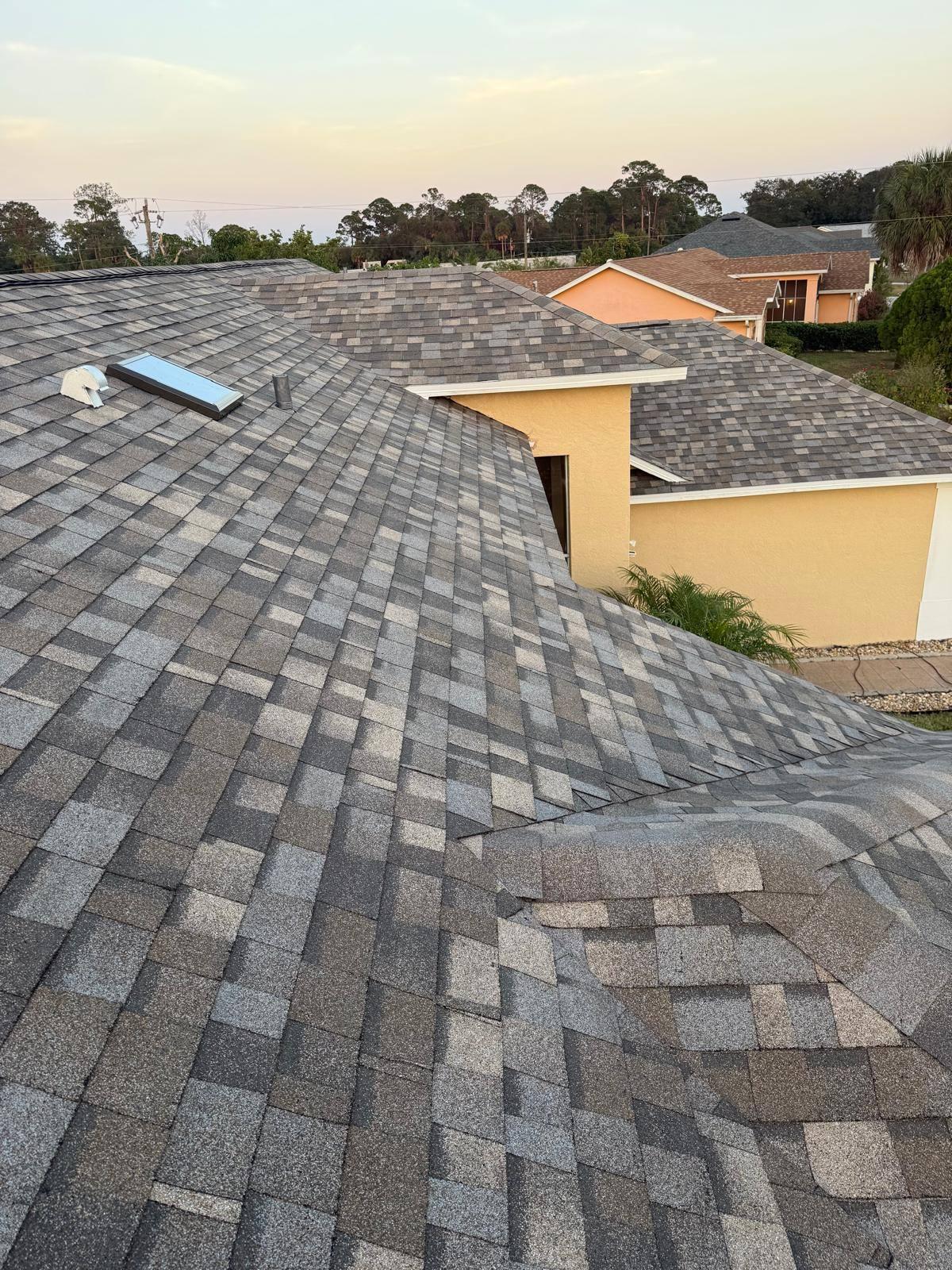
The Role of Roofing in Home Insurance: What Florida Homeowners Should Know Nov 13, 2025
To begin with, your roof is often the first line of defense against the elements, making its condition a primary concern for both you and your insurance provider. Insurance companies typically assess the age, material, and condition of your roof when determining your policy’s coverage and cost. In Florida, roofs are particularly susceptible to damage from hurricanes, heavy rain, and strong winds. Therefore, insurers will consider these factors closely.
For instance, the age of your roof is critical. Most insurance companies may offer lower premiums if your roof is less than 20 years old, as a newer roof generally implies less risk of damage. If your roof is beyond this age threshold, it might be time to consider an upgrade. Newer roofs not only secure your home better but can also lead to significant reductions in your insurance premiums.
In addition to age, the type of roofing material also significantly affects your coverage terms. Certain materials are more resilient to Florida’s weather conditions. For example, metal roofs and tile roofs generally withstand wind and water better than asphalt shingles, leading insurers to provide more favorable terms for these materials. Understanding which materials offer the best protection can help you choose the most cost-effective and insurance-friendly option when roofing your house.
Regular maintenance is another important aspect of keeping your roof—and subsequently your insurance premiums—in check. Florida’s climate can cause wear and tear over time, so periodic inspections and timely repairs are essential. Providing maintenance records to your insurance company can sometimes result in discounts because they demonstrate your commitment to reducing potential damages.
It's also important to understand that neglecting roof repairs can increase the chances of severe damage and potentially result in claims being denied. Insurance providers expect homeowners to perform regular upkeep, ensuring that all damages are immediately addressed. Letting minor issues fester can lead to more substantial problems, for which your insurance company might hold you accountable.
Moreover, insurance companies look favorably on homeowners who invest in impact-resistant roofing. These roofs are specially designed to withstand harsh weather and decrease the likelihood of filing a claim. Additionally, these investments may qualify you for discounts on your home insurance policy.
Finally, it’s wise to regularly review your insurance policy's specifics regarding roofing coverage. Each policy may have different stipulations on what is covered in the event of roof damage. Consulting with your agent can clarify what is included under your plan, helping you to avoid unwelcome surprises down the road.
In conclusion, understanding the role of roofing in home insurance can effectively lower your insurance premiums and provide peace of mind. By choosing the right roofing material, maintaining your roof diligently, and investing in durable options, Florida homeowners can ensure better protection for their property while maximizing insurance benefits. Always remember, a well-maintained roof not only safeguards your home but also optimizes your financial investment in the long term.
/filters:no_upscale()/media/82bd1d0e-08eb-431b-beb5-ac85cda0cd3f.jpeg)